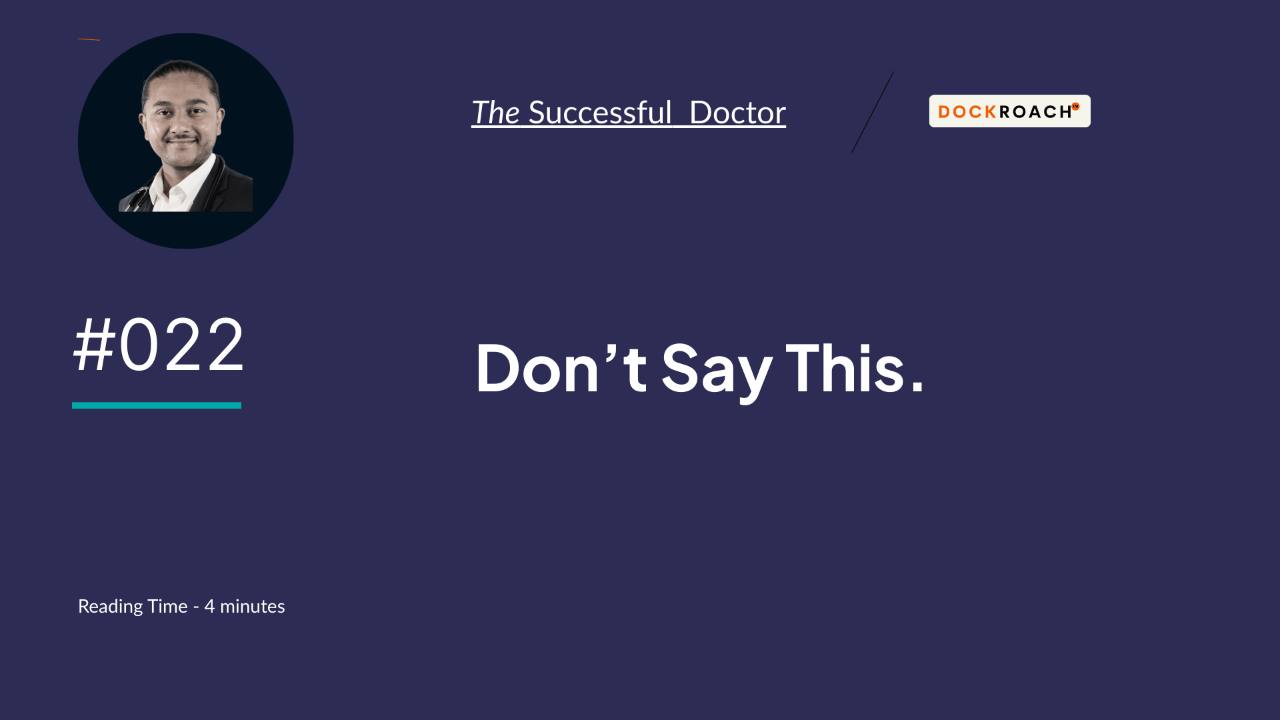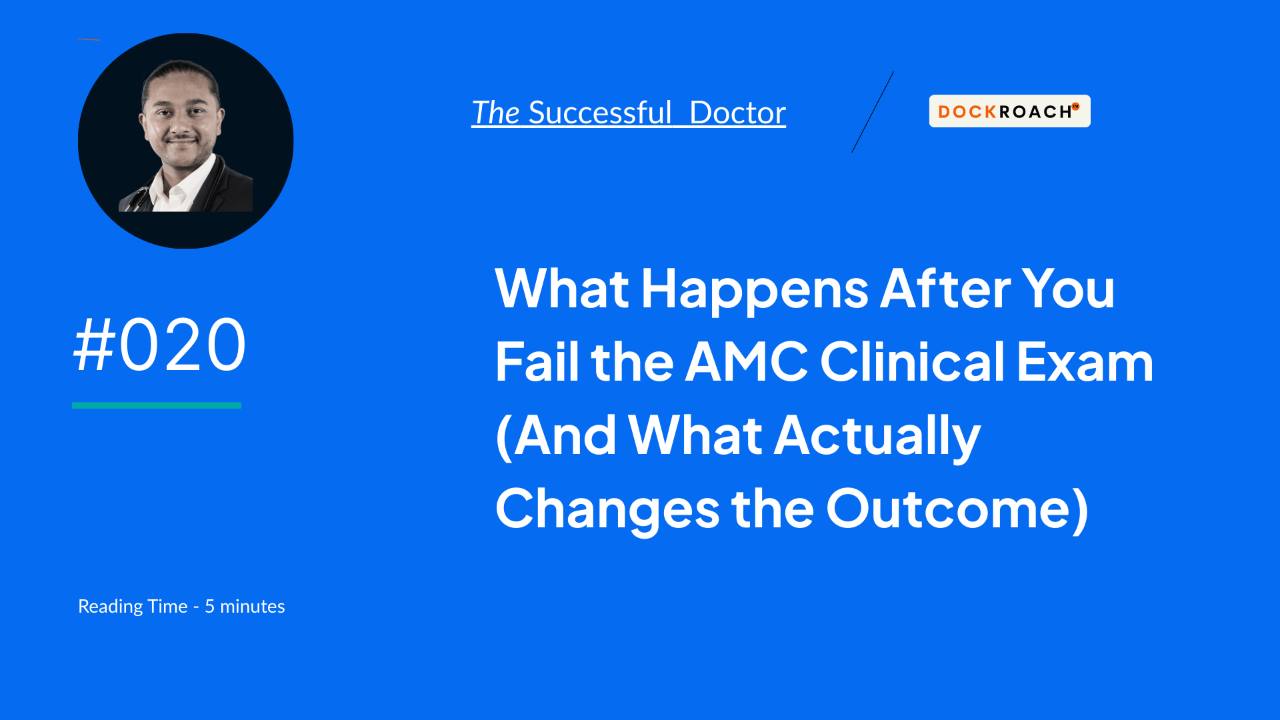6 Steps to Mastering the AMC Clinical Examination
Read time: 4 minutes
Today, I’m going to show you six specific, actionable steps that will help you master the AMC Clinical Examination.
These strategies are grounded in cognitive science, expert-level feedback systems, and habit-building frameworks popularized by authors like James Clear.
I’ll also share my own journey with the exam to help you understand how these steps translate into real success.
Did you know that the AMC Clinical Exam is one of the biggest hurdles for international medical graduates under the AMC Standard Pathway?
Success isn’t just about memorization — it’s about structured practice, consistent feedback, and building exam confidence.
These six steps are proven to improve performance, and they helped me pass the AMC Clinical Exam during a difficult period in 2021.
Most people fail the AMC Clinical Exam not because they lack knowledge, but because they don’t practice with purpose.
They repeat the wrong strategies, avoid feedback, or underestimate the psychological component — confidence.
Finding the right role-playing partners, getting quality feedback, and doing enough repetitions are some of the biggest struggles.
Clinical exam success isn’t just about knowledge.
It’s about execution.
And execution is built through repetition, feedback, and confidence.
Here’s what you should focus on:
-
Prepare your own question bank for role-playing scenarios. Customize it to your needs.
-
Watch high-quality role-play videos to visualize clinical flow.
-
Start role-playing practice with peers or mentors.
-
Repeat consistently. As James Clear says: “Mastery follows from repetition, not perfection.”
-
Seek expert feedback to elevate your technique. Feedback is a catalyst for accelerated learning.
-
Build your confidence through deliberate exposure and mock stations. Confidence is your final unlock before passing.
My Journey
Role-playing practice for the AMC Clincal Examination significantly improved my clinical and professional communication.
In Malaysia, I was never truly taught to explain or reassure patients in a friendly, structured way.
Through role-play, I discovered the importance of being patient-centered.
My communication improved to the point where, in my current telehealth practice, I’m often told how much patients appreciate speaking with me and how I’ve helped change lives.
This is all thanks to the practice I built through role-play.
One of the biggest challenges I faced was finding role-play partners.
During COVID, it was difficult to connect with others preparing for the exam.
Eventually, my wife — who isn’t a doctor — stepped in to help.
We practiced over 1,500 stations together.
We developed shared strategies that helped us simulate the exam environment.
It was one of the hardest things I’ve done, but also the most rewarding.
The most powerful strategy I used to build confidence was repetition.
After enough role-plays, communication became second nature.
I didn’t have to think about how to reassure, empathize, or take a structured history — they came automatically.
I was able to walk into new stations and still succeed because my delivery had become instinctive.
That’s the beauty of mastering through repetition.
That’s all for this week.
See you the following week.






